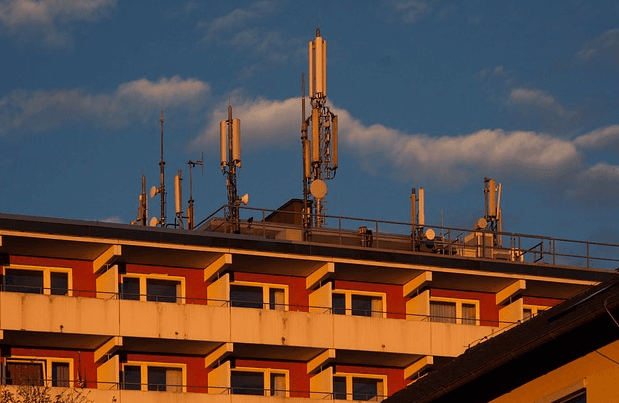Vodafone, the country’s second largest telco by subscribers, is reportedly in talks with Tikona Digital Networks for buying its 4G LTE spectrum to enhance its overall 4G spectrum holding, which would allow it to better compete with the likes of Bharti Airtel, Idea Cellular and Reliance Jio.

Vodafone currently is deploying its high-speed broadband services over the 1800 MHz band across five circles of Delhi, Mumbai, Kolkata, Karnataka and Kerala. It recently launched 4G services across 10 towns in Kerala only. Vodafone India has discussed "purchase of all" of Tikona's airwaves in the 2300 MHz band, which would help double the geographical 4G presence of the telco from its current five circles, the Economic Times reported.
The local unit of UK's Vodafone Group Plc. is exploring all possible options to stay relevant in the fast developing 4G market in the country. Prior to Tikona, Vodafone also held talks with Videocon Mobiles for buying its 4G bandwidth in the 1800 MHz band, but valuation differences had sprung up there as well.
Brokerage CLSA in its recent note said that Vodafone has limited 4G spectrum in the country, and is more vulnerable to lose market share due to Reliance Jio’s 4G launch. The CLSA had also said that the large premium user base of Vodafone India and Bharti Airtel could be early adopters of the high-speed broadband services that Mukesh Ambani's company will offer.
Before Vodafone, Tikona also had discussed the sale of all of its 4G airwaves with Bharti Airtel. The talks however ended prematurely, as the ISP was seeking a "higher premium" than the around Rs 1200 crore that India's no. 1 telco was offering, the report said.
Founded in mid-2008, the Mumbai-based internet service provider, Tikona, purchased 20 MHz of 4G spectrum in five key circles including Gujarat, Himachal Pradesh, Rajasthan, Uttar Pradesh (East) and Uttar Pradesh (West) for over Rs 1,058 crore in the 2010 auctions. It recently kicked-off a commercial pilot to offer high-speed broadband services in Varanasi, targeting home and enterprise users.















